Why did Rolex introduce the Winding Crown in 1926, and what's so special about it? What makes a Rolex Twinlock Winding Crown guaranteed water resistance up to 100 metres? How does the Rolex Triplock Winding Crown increase the water resistance up to 3900 metres?
How much do You know about the Rolex Winding Crown?
-
Why did Rolex introduce the Winding Crown?
-
What's so special about the Rolex Winding Crown?
-
The Rolex Twinlock Winding Crown
-
The Rolex Twinlock Winding Crown Marking
-
The Rolex Triplock Winding Crown
-
The Rolex Triplock Winding Crown Marking
Why did Rolex introduce the Winding Crown?
The traditional crown invention started in 1881. It consists of a threaded cam and a winding crown with grooves for screwing. The dust and debris were able to seep inside. The moisture clogs up the oils and corrodes the delicate components of the internal movements.
Hans Wilsdorf believed that waterproof wristwatches were the replacement for pocket watches.
What's so special about the Rolex Winding Crown?
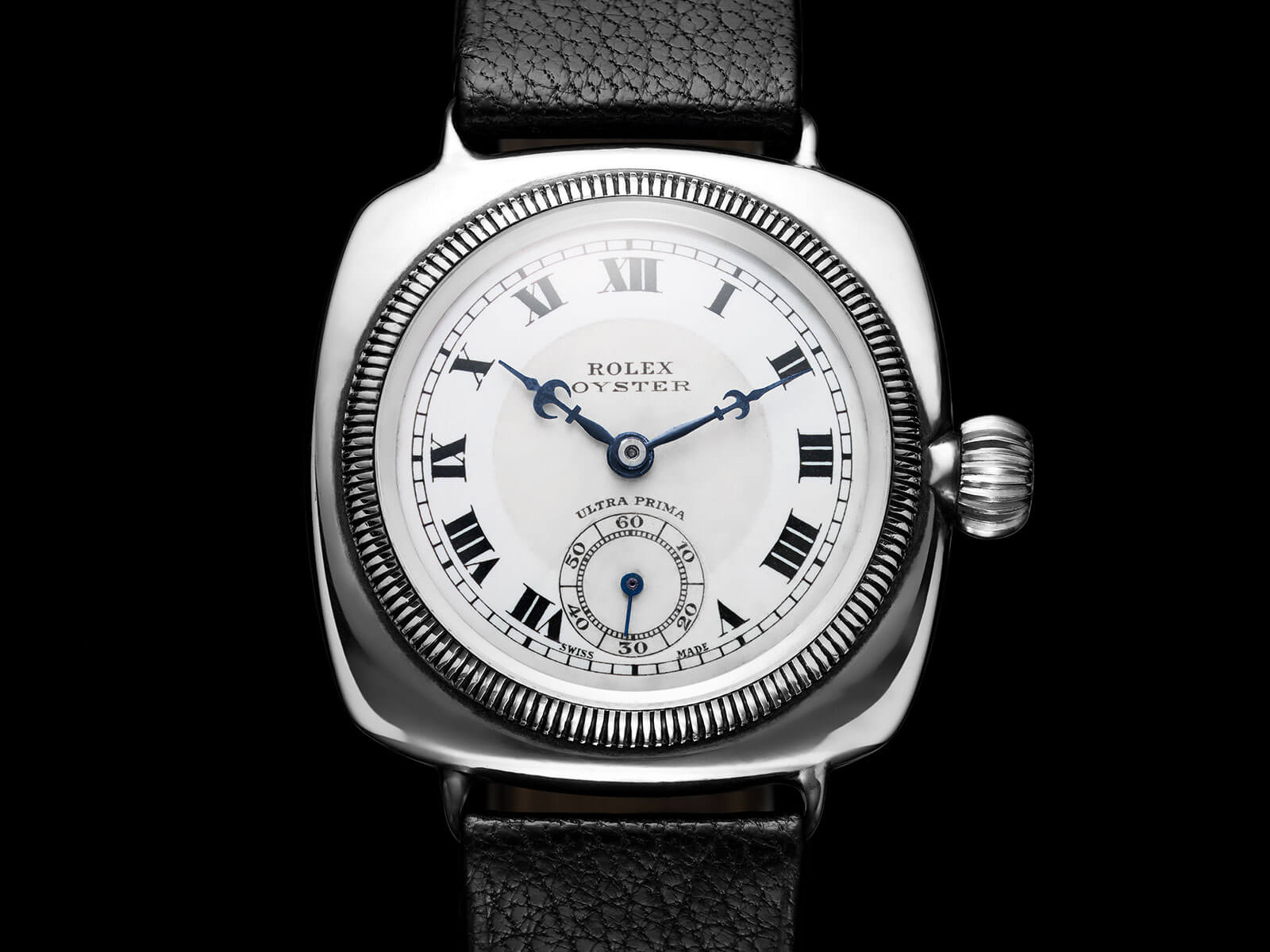
Hans Wilsdorf patented a spring-loaded tensioner that accompanies the winding crown together with a new type of seal. The winding crown provides insulation between the case and the crown. It included a crown fitted with a metal gasket that would screw into a tube inside the watch case. This mechanism allowed the compressed gasket to form a watertight barrier.
Rolex introduced the first waterproof wristwatch in 1926. The Rolex Oyster case with a screw-down bezel, case back and winding crown offered optimal protection for the movement. The hermetically-sealed case kept out damaging moisture and dust.
The Rolex Twinlock Winding Crown
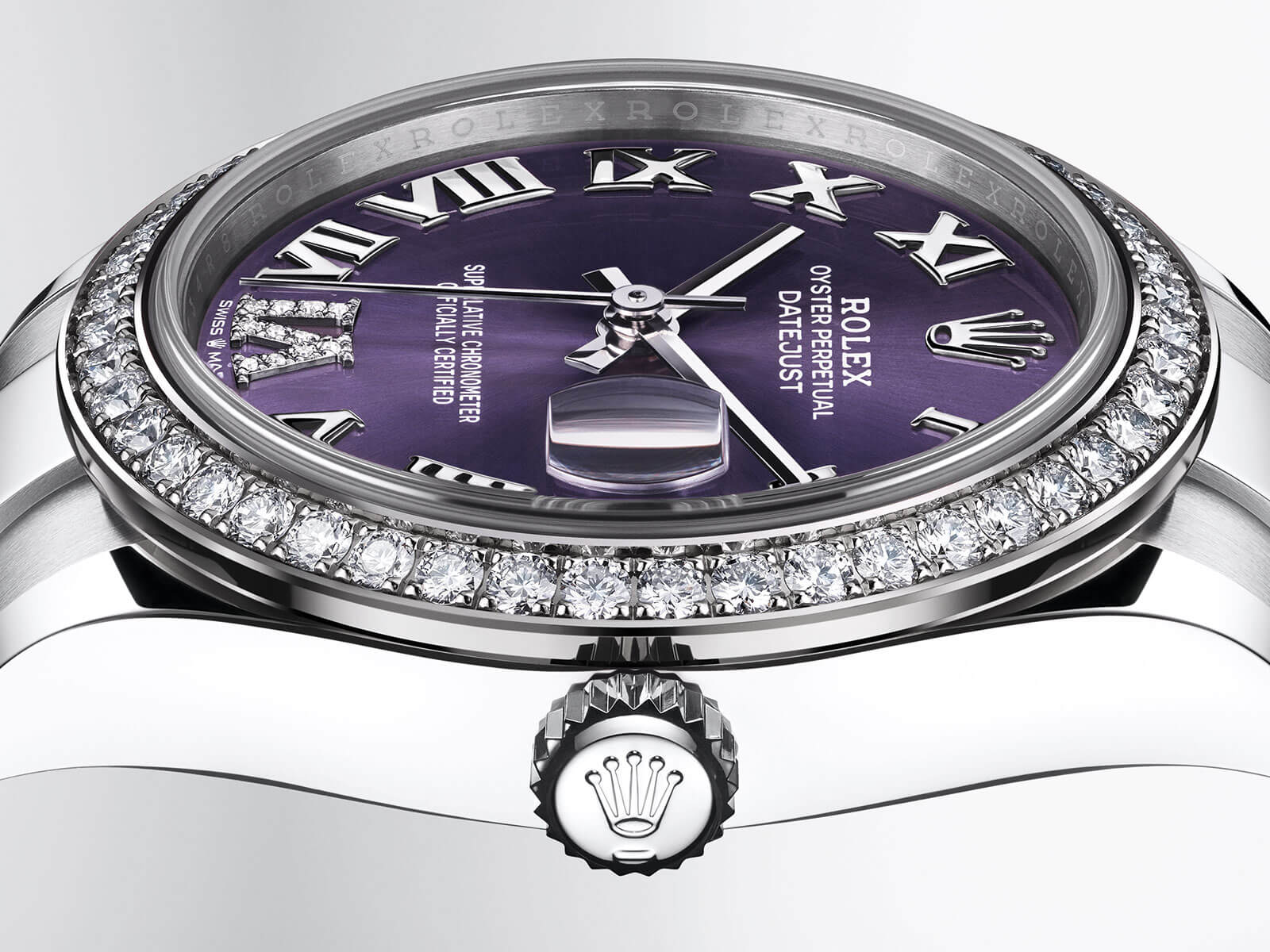
Rolex introduced the Twinlock Winding Crown in 1953. It has two O-ring gaskets made from synthetic materials that enable the creation of two sealed zones.
The first O-ring gasket is under the crown to push against the case. It creates a wall against outside moisture.
The second O-ring gasket is inside the tube surrounding the winding stem. It keeps the water out even when the crown is in the unscrewed position.
The Rolex Submariner 6204 was the first watch to use the Twinlock Winding Crown.
The Rolex Twinlock Winding Crown Marking
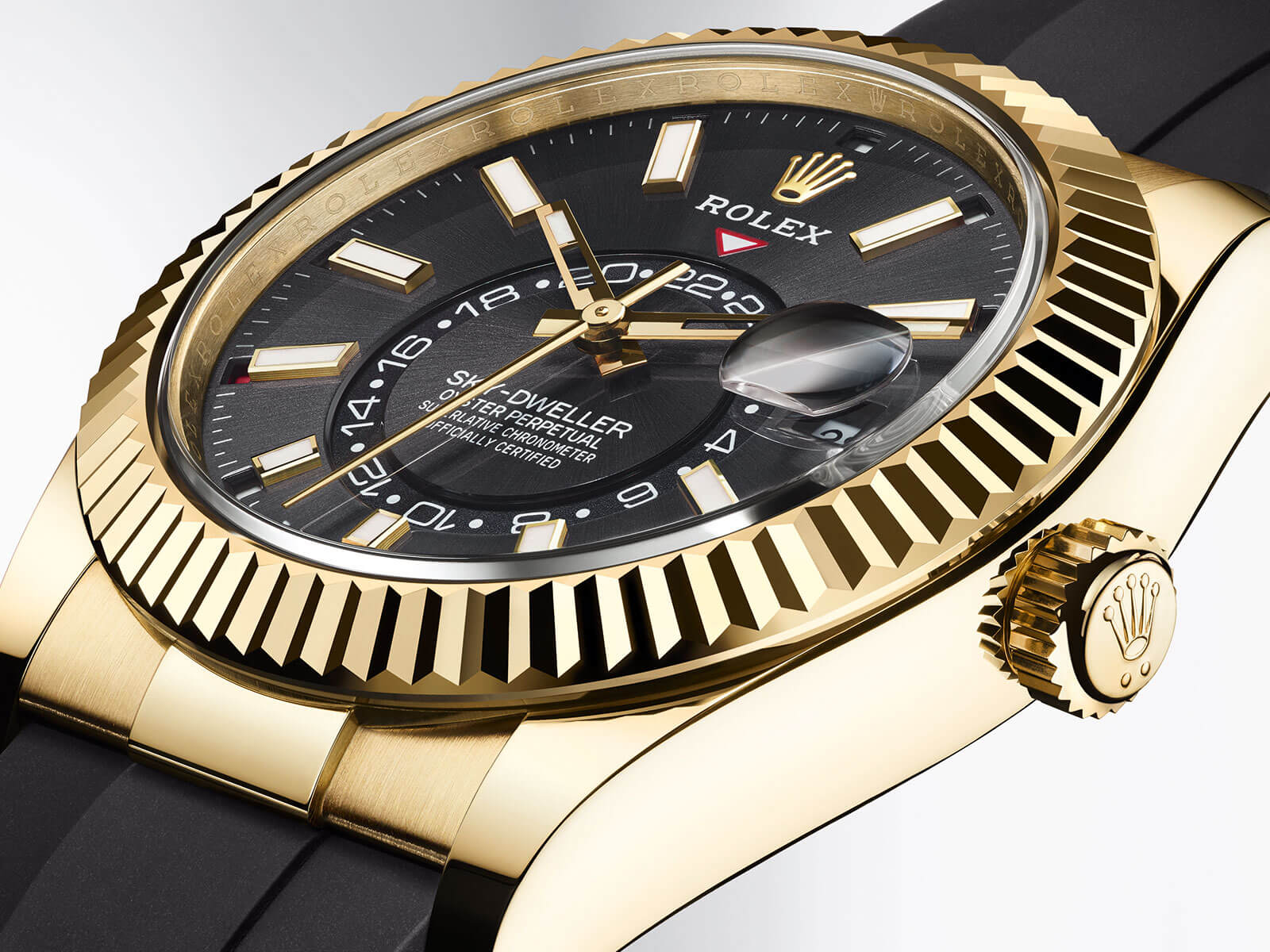
Every Rolex Twinlock Winding Crown has a marking under the coronet. The Rolex Stainless Steel Winding Crown marking with a bar, the Rolex Platinum Winding Crown marking with a dot, and the Rolex Gold Winding Crown marking with two dots.
These markings are only relevant to current Rolex models. Some older Rolex Yellow Gold and Steel Winding Crowns marking with a bar and White Gold Winding Crown marking with two dots.
The Rolex Triplock Winding Crown
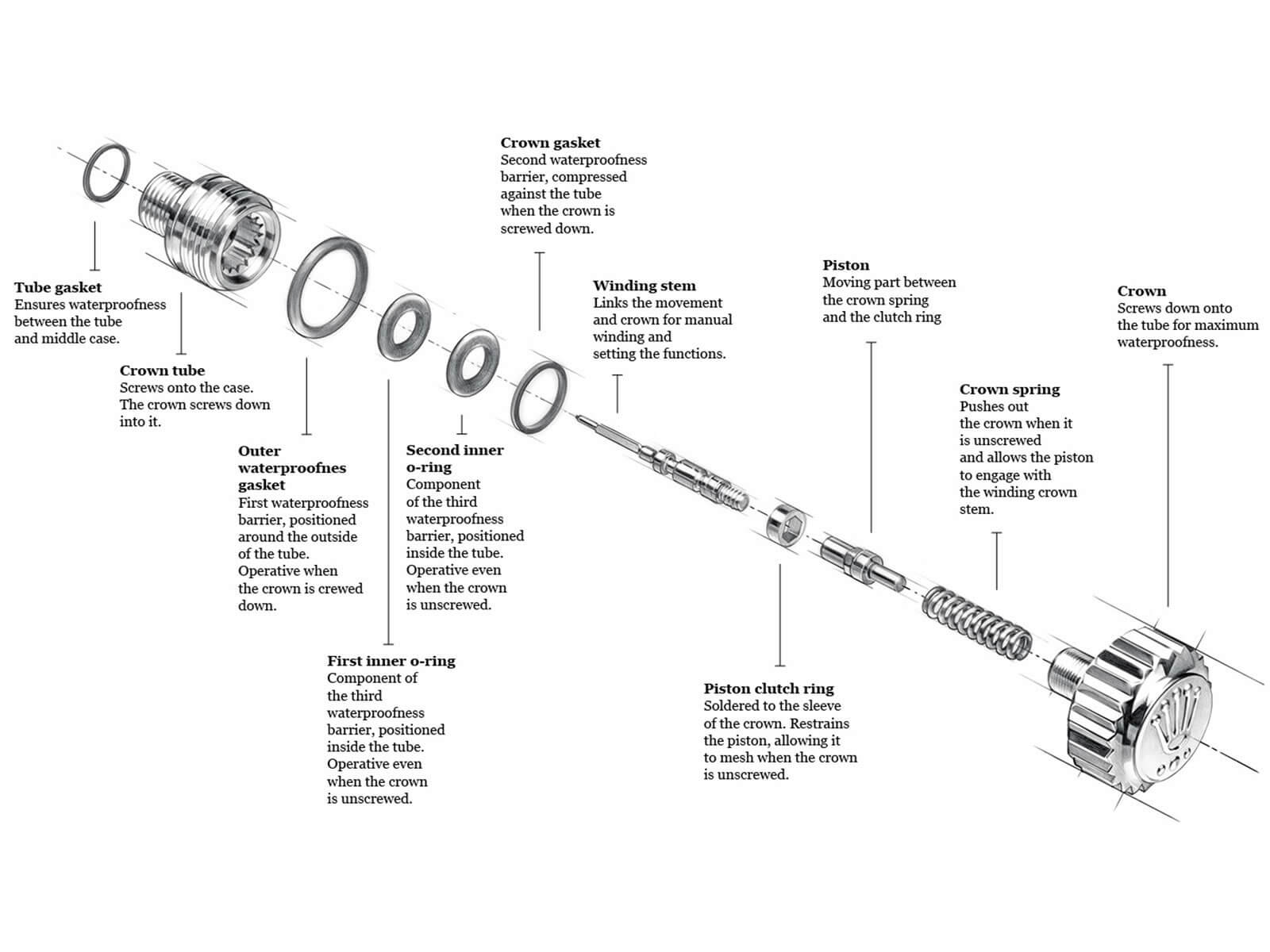
Rolex introduced the Triplock Winding Crown in 1970. It is a third-generation winding crown fitted with a triple waterproof system.
The Outer waterproof gasket is the first waterproof barrier. Its position around the outside of the tube.
The Crown gasket is the second waterproof barrier. It is compressed against the tube when the crown is screw-down.
The First and second inner O-rings are the third waterproof barrier. Their position is inside the tube.
The Rolex Sea-Dweller 1665 was the first watch to use the Triplock Winding Crown.
Rolex fitted the Triplock Winding Crown to the Submariner collection starting in 1977. Today, it equips all the divers’ watches and some Professional models. It improved the Rolex Submariner water resistance up to 300 metres, Rolex Sea-Dweller up to 1220 metres and Rolex Deepsea water resistance up to 3900 metres.
The Rolex Triplock Winding Crown Marking
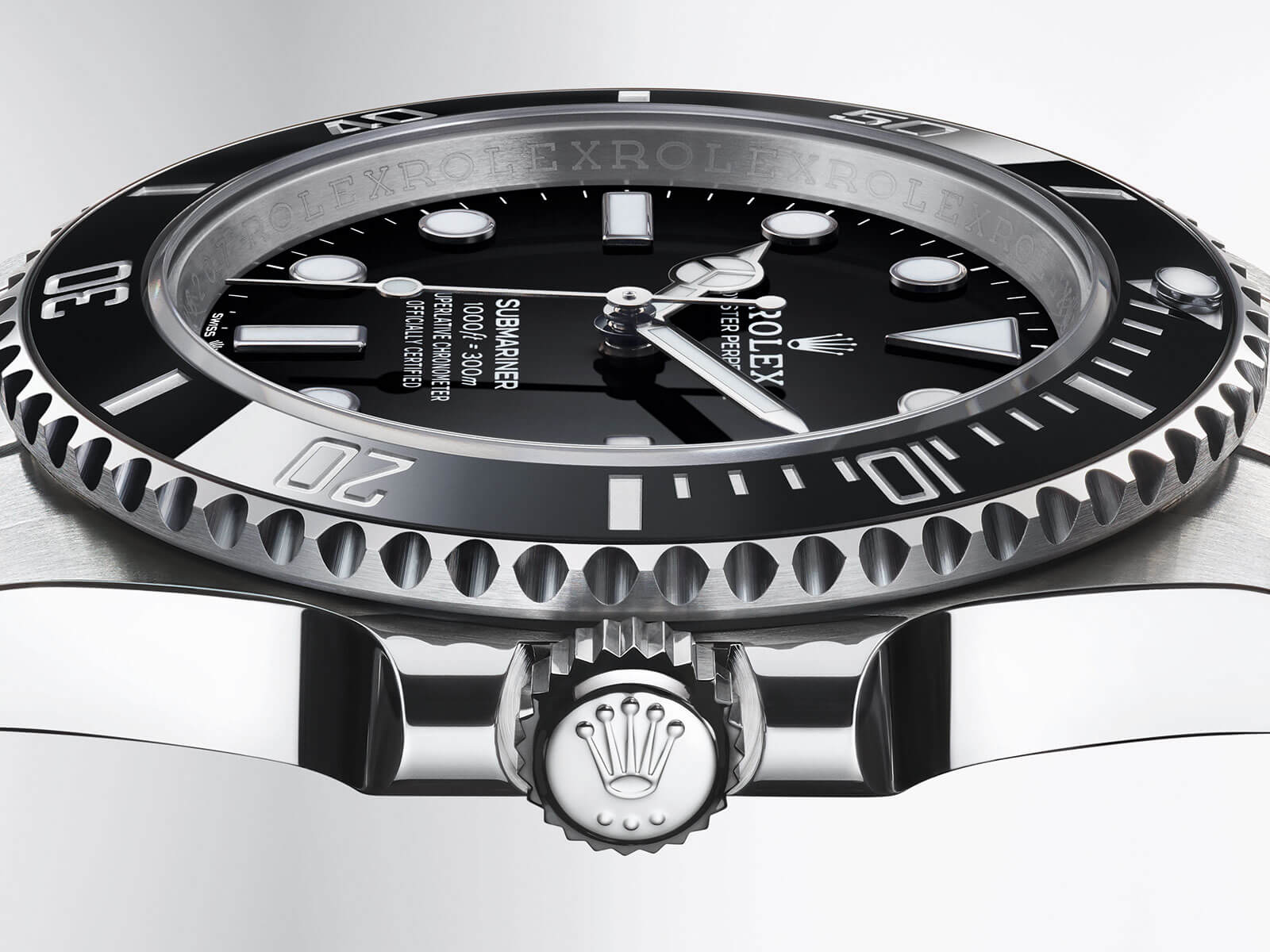
Every Rolex Triplock Winding Crown has three dots marking under the coronet. The Rolex Stainless Steel Winding Crown marking with three equal dots, the Rolex Platinum Winding Crown marking with a smaller centre dot, and the Rolex Gold Winding Crown marking with a larger centre dot.



